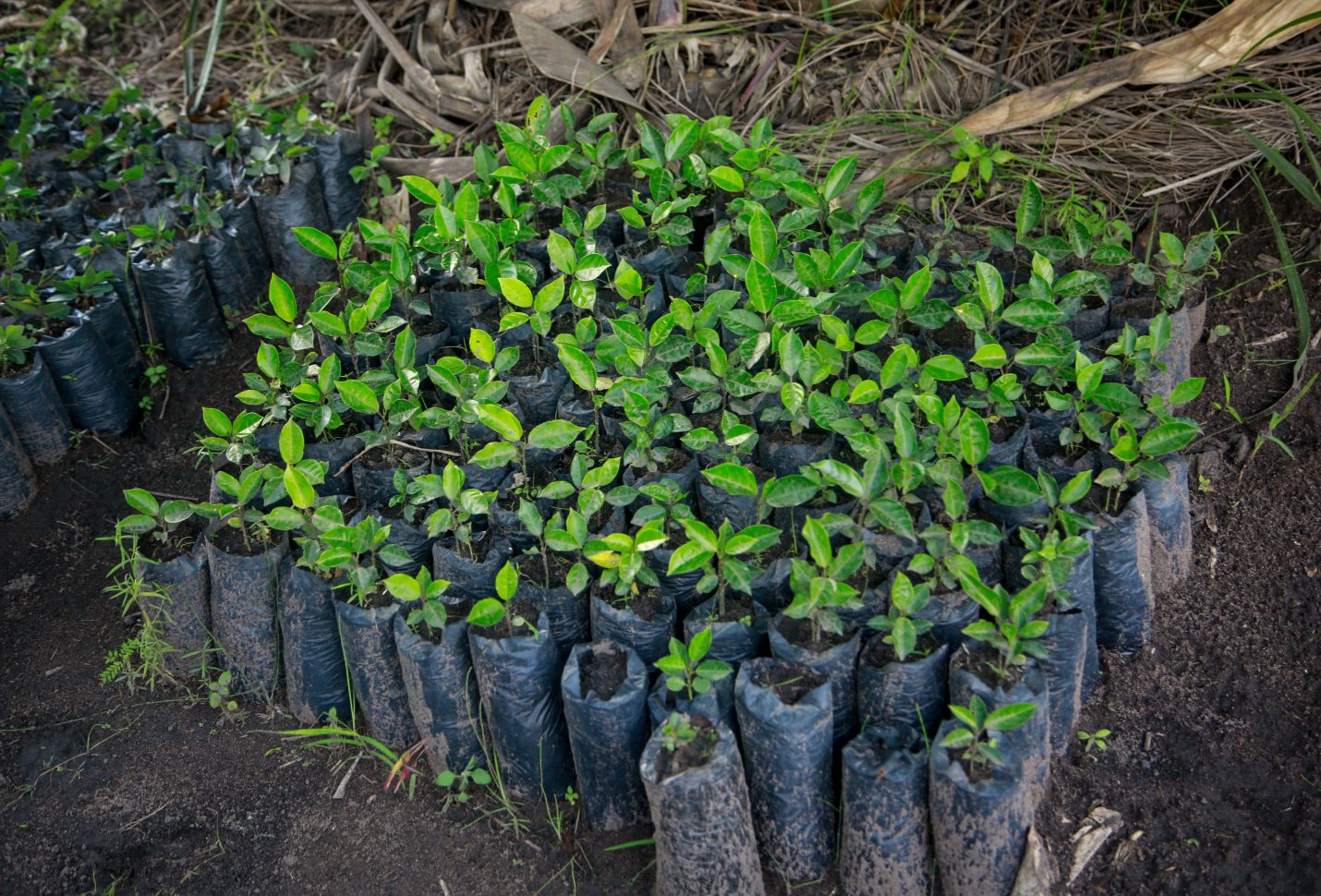
$ 5 m “PropteX” Program aims to support startups, innovation
Paragon Developments has teamed up with Adeer International, PMaestro alongside their German partner, QNTF, to ...

Charcoal industry is an important part of the Angolan economy. It’s a vital source of energy for those who live in cities, and provides income for rural families.
The charcoal market is expanding as more people move to cities, which is posing both opportunities and challenges for charcoal farmers. Deforestation is a significant threat to a sustainable future in Angola — between 1990 and 2015, the Miombo woodlands decreased by almost a fifth.
Maintaining this ancient resource and the jobs it supports has become a priority for Angola. Aside from income, the surrounding communities also depend on the Miombo woodlands for insects, fruits, seeds and other natural resources for medicines and vital nutrients. Using the 2030 Agenda and Sustainable Development Goals (SDGs) as a blueprint for inclusive development, the country is working with partners to help rural communities build a sustainable future.
United Nations Development Program (UNDP) together with the Global Environmental Fund (GEF), the Angolan Ministry of Environment, universities and civil society are showing communities how to harvest trees sustainably, increase reforestation and ensure that women and men are equally involved.
“One of the criteria of the sustainable charcoal project is to find a community within a heavily forested area to allow charcoal producers to keep producing it continuously,” says Eduardo Camondonga, Charcoal Project Manager in Kwanza Sul — Capato.
The charcoal industry is largely informal, which often means poor manage of natural resources.
Around 100,000 workers are estimated to be involved with wood collection and charcoal production, and they work largely without information and guidance on regulations.
The trainings focus on methods workers can use and pass on to others; increasing environmental awareness and the knowledge of the benefits of sustainably maintaining forests.
“This project is important to us because once you cut a tree you have to plant another one in order to preserve nature,” says Carolina Capunga, a charcoal producer in Huambo — Calonga.
The partners are also helping communities establish local sustainable management plans for the woodlands — starting with recording the number, types and sizes of trees. Species with good growth and the high burning qualities required for charcoal are identified, and they are cultivated in nurseries for long-term harvesting. This allows for workers to continue production while conserving the forest.
Despite heavy tree cutting in recent years, the Miombo woodlands have the potential to bounce back. If left undisturbed, it is estimated the areas harvested for charcoal could recover fully in 20 years. Although there are still many improvements to be made across all nations of the Miombo woodlands, the headway from this project is an important step towards sustainable charcoal.
Yet forest management is just the first step towards a fully sustainable charcoal sector. Improvements can be made across the entire value chain because after the harvest, charcoal is then carbonized, transported, distributed and burned.
The partnership will continue to combine improvements across this system. It is committed to sustainable sourcing, manufacturing and distribution. The next steps will be focused on increasing energy efficiency in these processes.
Building a sustainable charcoal production chain is critical to Angola’s long-term development. It will reduce greenhouse gases and pollution while creating jobs and preserving the Miombe forest — an integrated approach which is laying the foundation for a sustainable future for Angola’s rural communities.
Paragon Developments has teamed up with Adeer International, PMaestro alongside their German partner, QNTF, to ...
Crédit Agricole Egypt Foundation for Development and Schneider Electric have successfully concluded the Second Phase ...
The European Commission (EC) has decided to register a European Citizens’ Initiative (ECI) entitled ‘Save ...


اترك تعليقا